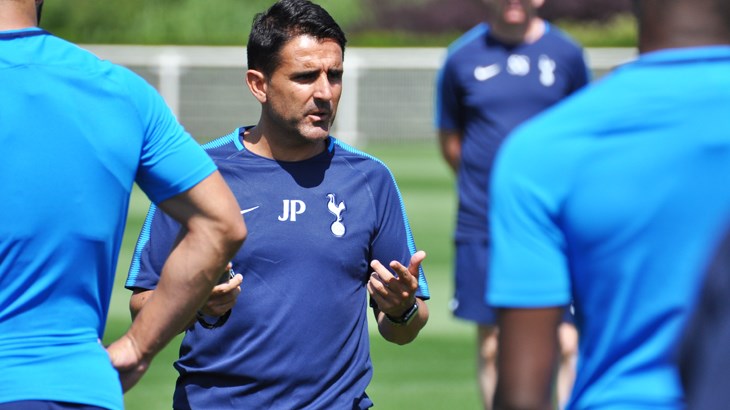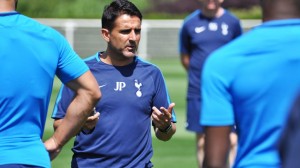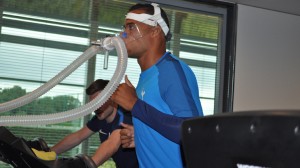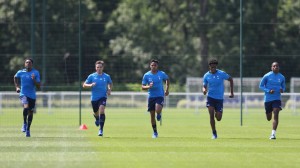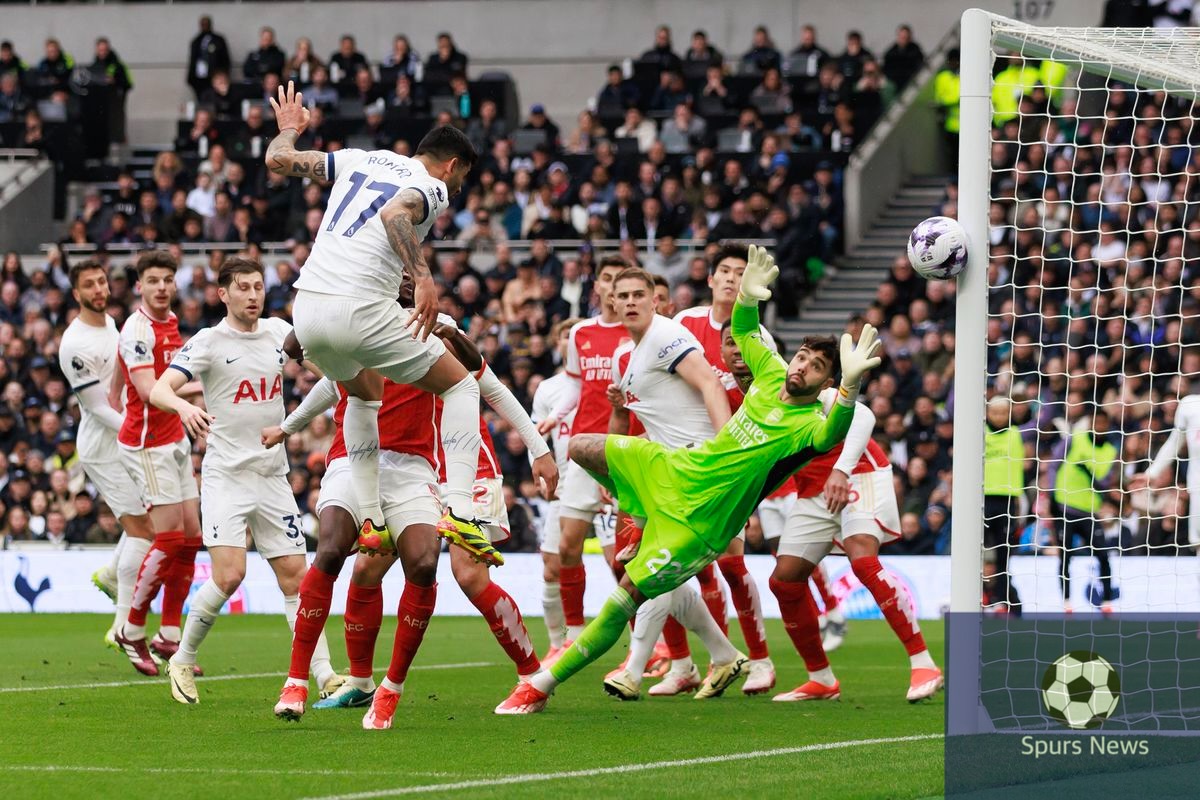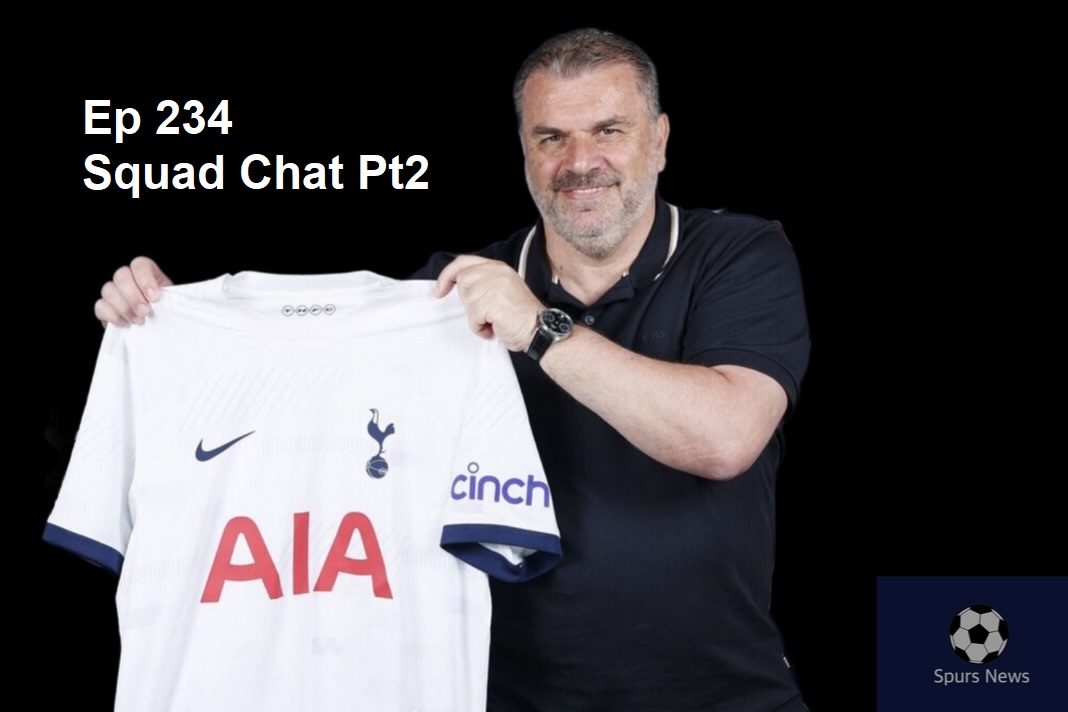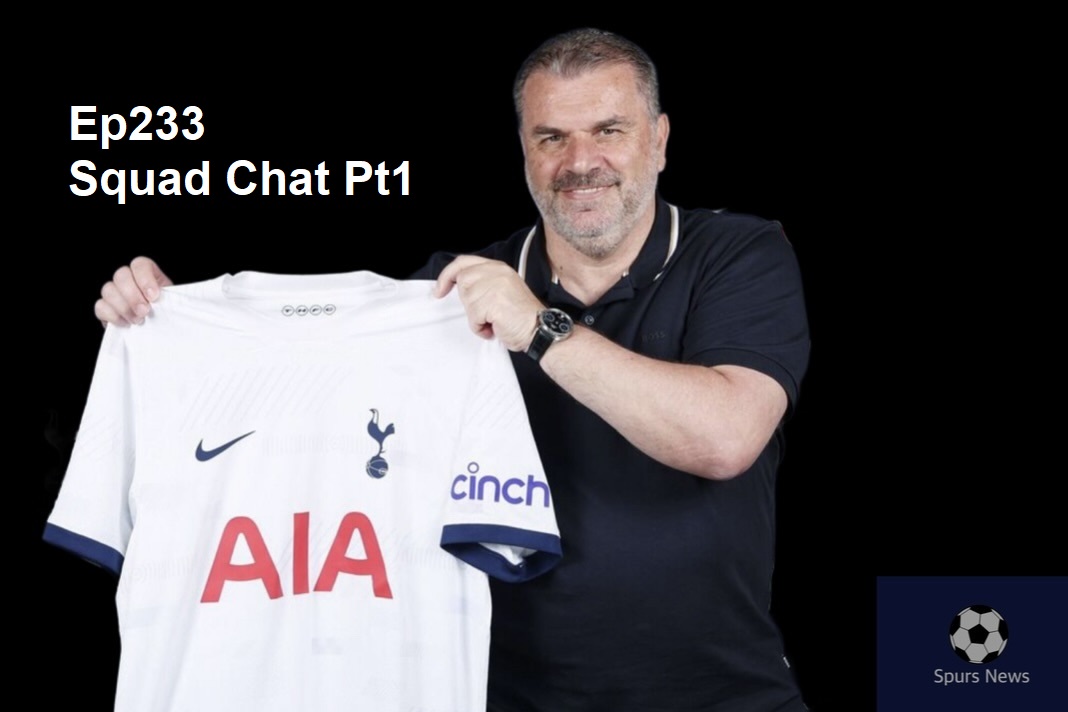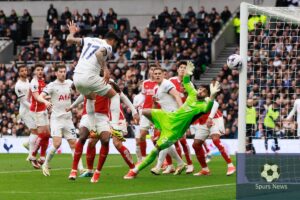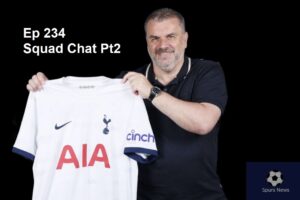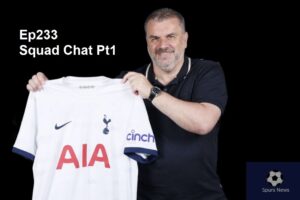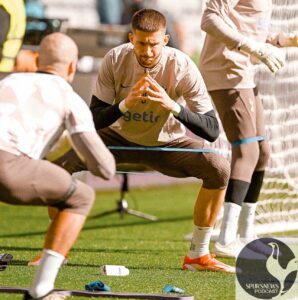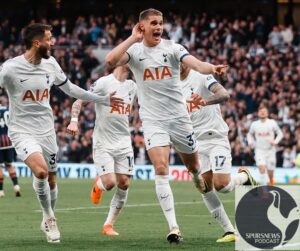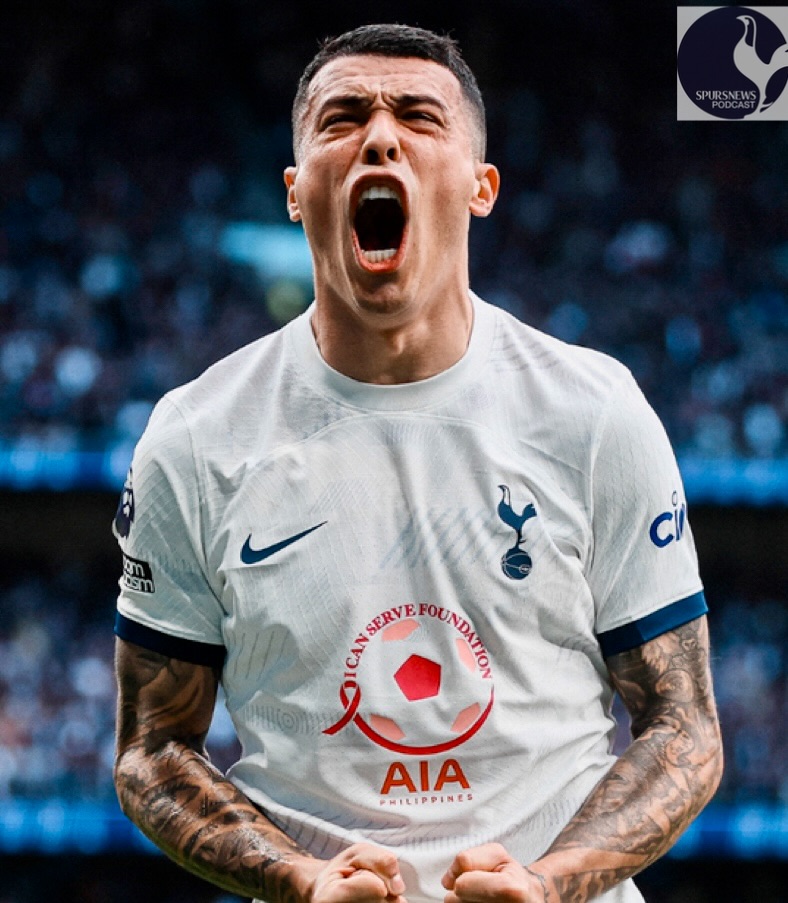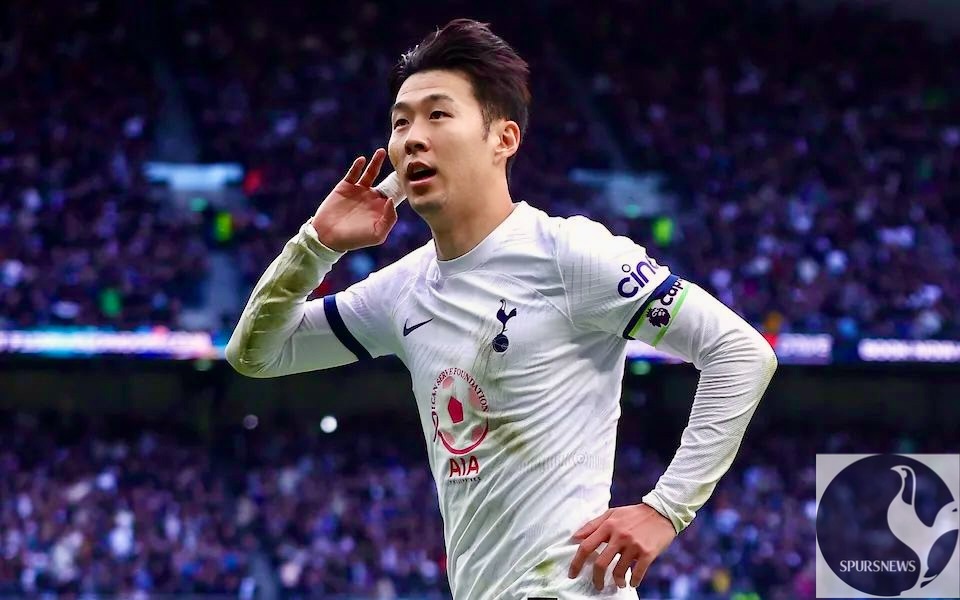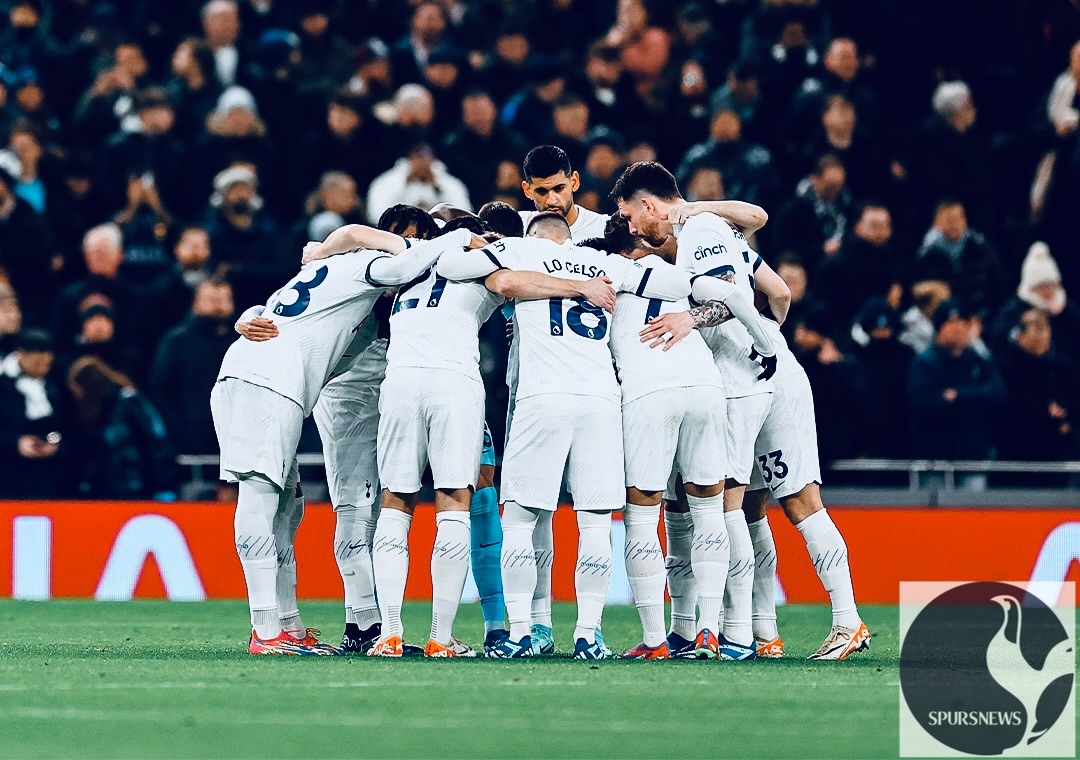Spurs assistant manager Jesus Perez explains the planning and theory behind pre-season and how this six weeks of preparation for an 11-month campaign has changed over the years.
First of all, the most obvious question – as a coaching team, what are you looking for in pre-season?
Jesus: “To build up the fitness levels and everything related to match preparation for each player. It’s clear inside the squad we have different groups because some players will have less preparation time to be ready for the Premier League, so that’s why we need to be very clinical and individualise their programmes as much as we can. However, the players know us, a lot have been working with us for three years now and therefore they know how they have to prepare before they start to work at the Training Centre. We expect the players to build their specific fitness before they arrive back.”
How much of a challenge is it when half the squad have been involved in international football over the summer (six of our players were involved when England played France on June 12) and therefore don’t arrive back from their break until two weeks into pre-season?
Jesus: “That’s why every player is different, every person is different. Of course, there are general principles around the team but the most important thing is to provide the player what he needs for each moment. Of course we want to start the season in the best condition and that’s the aim, but we look at the players like a holistic system and our responsibility is to them day by day and to provide the best path for them. Some players will get their best form quickly, some players need to build slowly and that’s the beauty of our job. We have one squad, let’s say 25 players and then we have 25 different programmes.”
How long does it take the coaching team in the summer to detail these individual programmes? When do you start?
Jesus: “Before the end of last season we had a meeting with each player and presented off-season programmes and personal targets. It’s been a three-year process educating them and they know themselves better than anyone, I’m pretty sure they will respect those programmes and do even more, because they all want to get better and better. We are at a level where the players are not just fighting to play, but fighting to match previous performances. We’re in a good place to work with them.”
There is a lot of trust there…
Jesus: “Yes, and I think that’s most important, to trust each other and that is the way to be better. It’s clear from the beginning of the process that the focus was on volume of work and principles, now we are working more on details and it’s easier to identify personal targets and the best methodology. But we never stand still. We have changed the whole gymnasium, the technology and we’re working on different aspects we were assessing last summer. We hope it will work out better for them again.”
Can you remember your first pre-season as a coach? How has pre-season changed?
Jesus: “Yes, that was in the mid-1990s, so it’s been more than 20 years! That was with Gimnàstic de Tarragona, now in the Championship in Spain. It’s changed massively. The game is still the same but the process is completely different. Thankfully, the Club provides us with great facilities in terms of staff and the budget to use the best technology in the market to help the players. That’s why we can say, today, footballers play football but there is a big team behind every player.”
What has been the biggest change in pre-season over the years? For instance, in England, pre-season always used to be about long runs but now it seems to be shorter, sharper work and more ball work, earlier…
Jesus: “I think that was more cultural. At the beginning, football had influences from other sports like athletics but in the last 15, 20 years, football teams have their own methods, own theories, own principles. Everyone applies their principles in a different way. I cannot say here that running is bad for playing football, we can see different methods with different outputs. For me, it’s a combination, but most of all, you have to prioritise what the player needs. The player is a human being and as a human being, every day is different. One day the player can train a little more and you have to use that window but sometimes a player may have a bad day, maybe because of fatigue, maybe psychological fatigue, maybe family problems, perhaps just a bad mood and on this day, you have to adjust. You are never 100 per cent, you are never below your average. We have our way of identifying the players’ real state every day and adjust training in the way we need to.”
Are you enjoying it as much as ever?
Jesus: “Yes, of course. It was a real challenge before without pitches, without resources, without GPS because it was a case of applying common sense and feeling to training. Of course with technology you have the numbers but you have to identify which numbers are reliable. A footballer plays football and the way you help him improve is the most important thing, and the relationship with his team-mates, it’s a team sport, we can’t forget that. The training must be specific and the way to help the athlete must be specific as well. That’s the challenge and that’s the difference as well between clubs and staff. The theory is there, it’s about how we apply that theory and our experience that makes us different.”
Can there ever be a point in such a long season where you hit peak fitness as a squad?
Jesus: “No, sports teams can never plan like that. If you play 50 matches, the first is as important as the last. As a collective, we want to reach the best peak of form and then sustain it. Of course, sometimes players have better form but the real challenge is to avoid any drop off. If you play 11 players, each player will have a different level of form. And form isn’t just physical, it’s psychological, tactical, confidence. There are different aspects. I know that people associate form with fitness but sometimes if you did a physical test with a player in great form it would surprise you but he’s confident, he’s playing well. People will say ‘he’s in great form’ but he’s in great football form. Form means different things.”
How do you keep a squad of players fit for 10 months of a Premier League campaign?
Jesus: “There are so many circumstances. The most important thing is to think player by player and try to get the best from them. And always try to look at the positives. Football is a contact sport, sometimes you can have plenty of injuries but the squad will cope with this situation. We always look at the positives. We don’t cry if we have important players injured, this is why it’s important to treat each player professionally, especially when they don’t play so much, because at some point you will need them and they will have to be in the best condition.”

